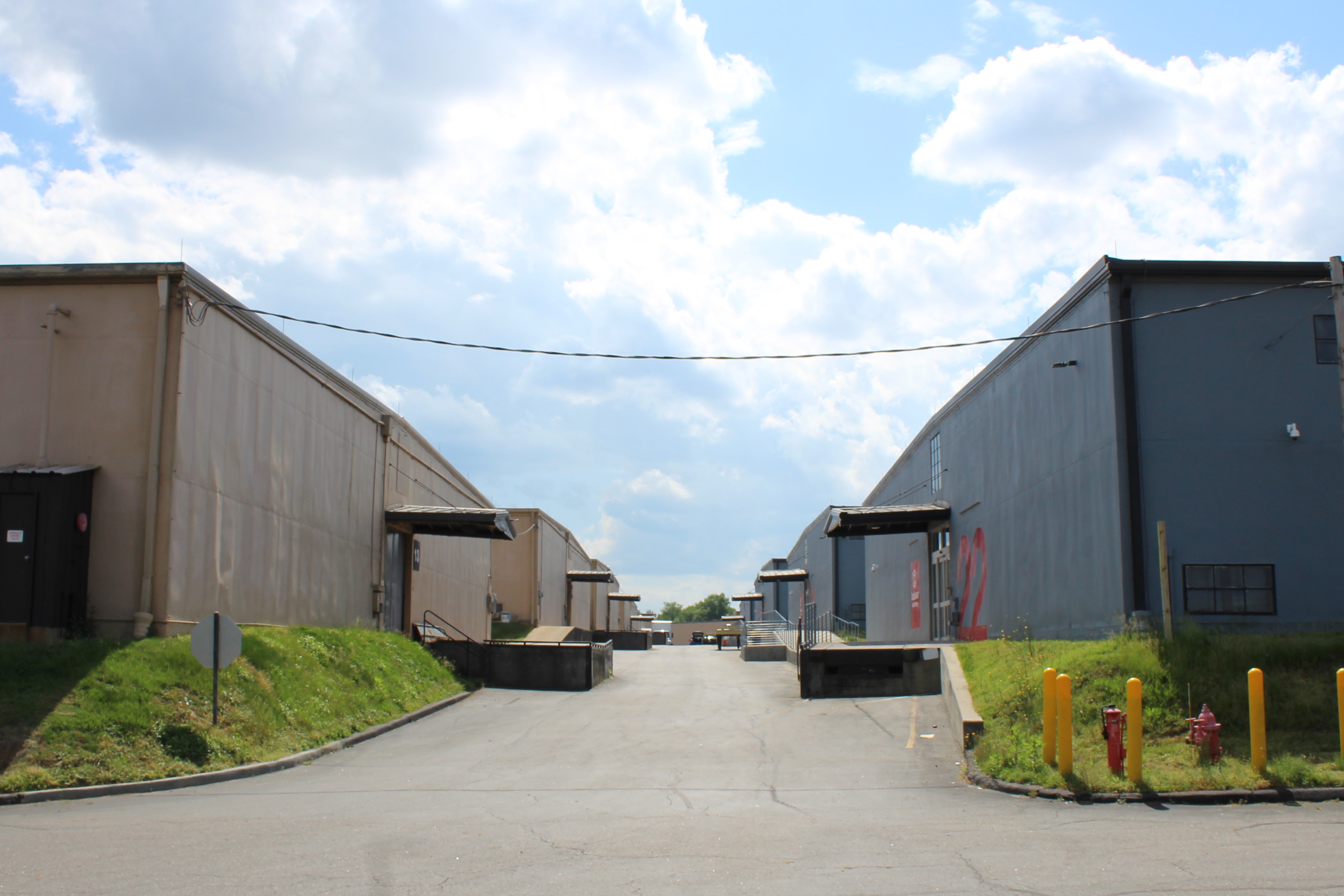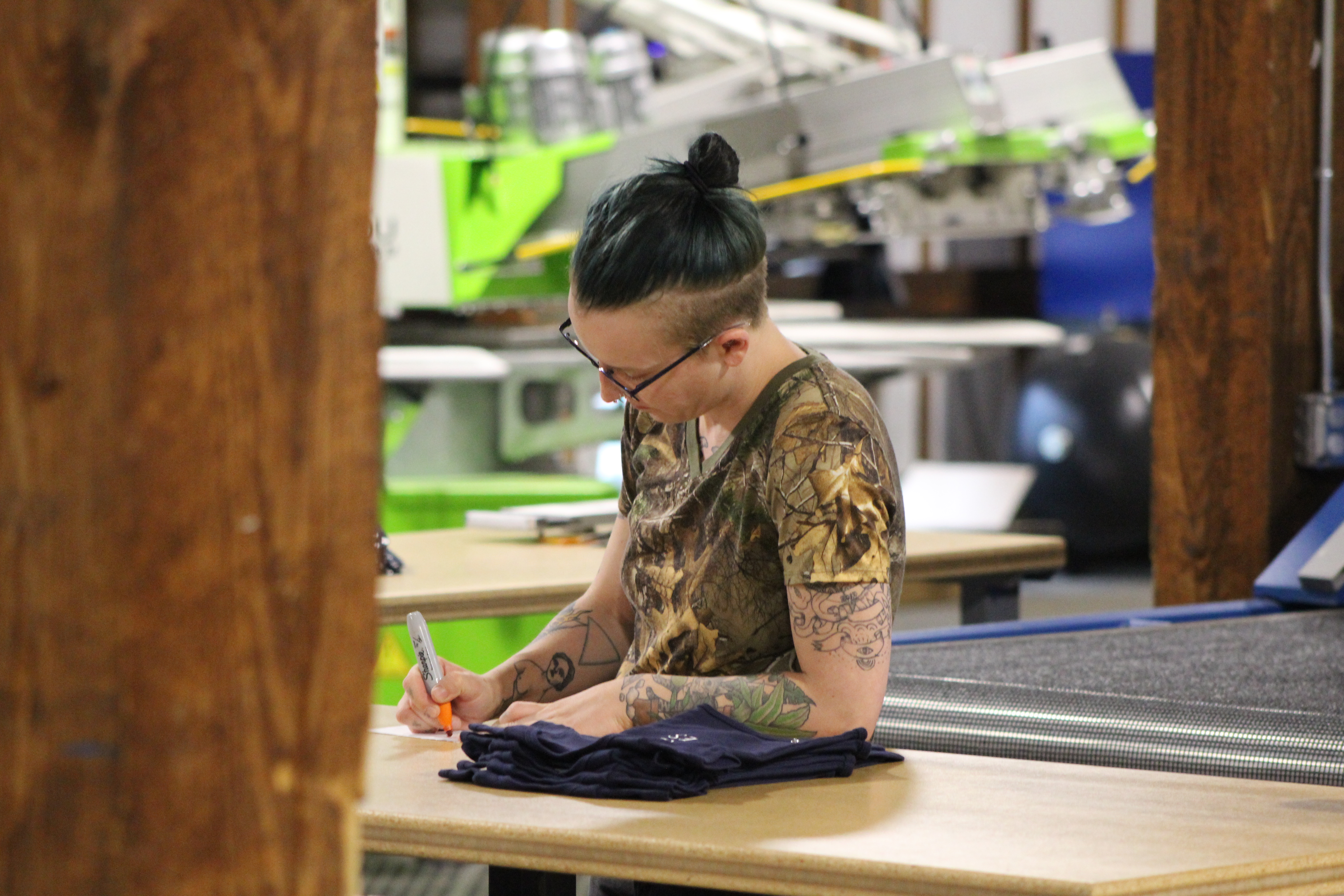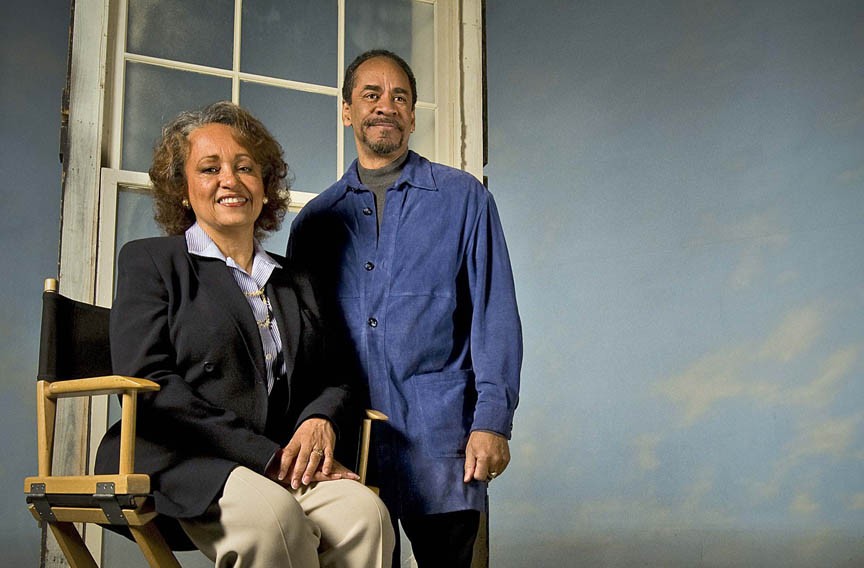By Conor Tenbus
In the heart of Jeff Davis Corridor, in a tobacco warehouse the size of a football field, a dream is taking shape. Unlike the history of Richmond, it has nothing to do with big tobacco. But it’s anything but small.
Just ask John Gregory.
“We’re making our own city,” said Gregory, the director of Fountainhead Properties.
He was describing Fountainhead’s latest project, a 25-acre site located just off of Jefferson Davis Highway that features almost a million square feet of warehouse space. Called Clopton Siteworks, the project involves renovating the site’s 28 abandoned tobacco warehouses to create space for entrepreneurs—lots and lots of entrepreneurs—to launch and operate businesses in a forgotten part of town.
Most of these warehouses were built in the 1940s as a storage facility for tobacco giant Philip Morris. After cigarettes were proven to be harmful in the 1970s, things went downhill. “As the tobacco industry declined here in Richmond, companies moved out and [Jefferson Davis Corridor] lost a lot of jobs.” Abandoned, the warehouses sat vacant—until now.
In 2014 Fountainhead purchased the property for $2.55 million without immediate plans to develop it. As they considered their options, they decided to lease out several of the warehouses, mainly as storage facilities.
“What ended up happening is we got this overwhelming flood of requests from people who wanted to operate small businesses or rent places to make things,” he said.
That’s when Fountainhead decided to renovate the space to fit the needs of exactly that type of user.
The goal is to allow small businesses to move in with room to grow and build, Gregory said. As of April, two dozen small businesses are leasing space. Many are builders, such as Graft and Grain and Mama Green, two woodworking businesses that primarily build custom furniture. Another tenant is Triple Stamp Press, a custom screen printing business.
And then there’s Tim Reid Productions. Actors Tim and Daphne Reid, famous for their roles on “WKRP in Cincinnati” and “The Fresh Prince of Bel-Air,” respectively, are moving their film production company from Petersburg to the Jefferson Davis Corridor. In an interview with Style Weekly, Tim Reid said that Richmond’s creative energy and growth make the city an ideal place for a creative space.
“[Jefferson Davis] is of course a changing diverse community that is reviving itself,” he told Style Weekly. “You see community gardens, you see coffee shops springing up, you see this infusion of diverse culture.”
The Reids plan to use their new space not only for films, but also as a photography and sculpting studio. The couple calls the full-service creative space an incubator for the talents of young filmmakers from Virginia universities and around the world. They hope to bring the arts back to the struggling community.
Fountainhead intends to keep such renovations as simple as possible, Gregory said, to allow for the lower rents that attract startups and creative tenants. He also hopes that local businesses will move in, provide jobs, and help the struggling neighborhood flourish.
Immediate plans for Clopton Siteworks include a collaborative working space in one of the buildings that will provide office services for all tenants, and encourage a spirit of shared community.
Over time, Gregory hopes that the site’s storage and warehouse space will also become a driver of blue collar jobs—a category of employment lacking in the city, and especially in the Jefferson Davis Corridor. Despite the number of poor, uneducated, and unemployed individuals living in and around the Corridor, most working class jobs left with the tobacco industry. Gregory estimates that Clopton “will add 300 to 500 jobs to the community.”
“We had this big downturn in 2008 and lost all these jobs, but what came back were white-collar jobs that require a college degree. What didn’t come back were blue-collar jobs,” he said.
In the Jefferson Davis Corridor, an area long known for its elevated crime rates and rising immigrant population, Gregory hopes that thoughtful urban development, starting with a Warehouse Revival, will be the first of many to transform and revitalize a community littered with dashed hopes.




Comments are closed.